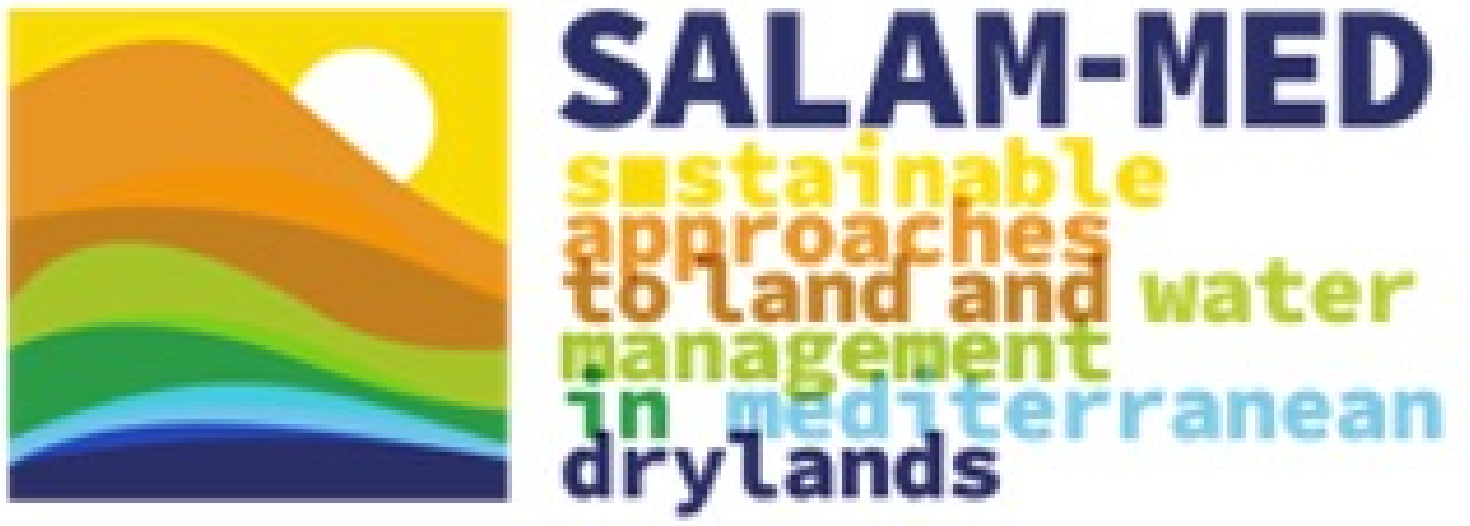SALAM-MED
Sustainable Approaches to LAnd and water Management in MEditerranean Drylands
Project Platform
The SALAM-MED scaling out platform aims to present the living labs and technologies tested during the project. Each technology is described from a scientific and business opportunity point of view through indicators that analytically explain the characteristics of innovation, ease of adoption, and its social and environmental impacts.
The objective is to enhance the work carried out within the SALAM-MED project, and attract investors who are interested in exploiting the research results to build innovative and sustainable business models.
The SALAM-MED platform is a research communication tool but also a bridge towards entrepreneurs, local communities, institutions that intend to address the problem of land degradation and desertification in the Mediterranean.
Social Feed
Stay updated on all the news by following our Facebook channel. Follow developments on our events, meetings, interviews and project presentations.
Living Lab
SALAM-MED promotes co-innovation through six Living Labs located in Mediterranean hotspots of soil and water degradation.
Egypt
Greece
Italy
Morocco
Spain
Tunisia
Technologies
SALAM-MED will identify, test and validate nature-based practical solutions to enhance the resilience of endangered MED dryland socio-ecological systems or to restore degraded ecosystems in arid and hyper-arid lands.
Adaptive vegetation management tool (CAFE)
DSS for forage crop improvement
Dynamic approach to Silvopastoral Systems
GPS collars for AMP grazing
Irrigation management in olive orchard
Landagritech
Leveled terraces for water harvesting
Management of aquifer recharge systems
Microbial-based solutions - Rhizobia Soil Bacteria
Microbial-based solutions - Trichoderma
Soil management in olive orchard
Subsurface Water Retention Technology
Related Projects

MONALISA
The MONALISA project develops innovative solutions to combat desertification and soil degradation in arid Mediterranean regions. Through six case studies in five countries, it combines nature-based approaches with advanced technologies to restore degraded….
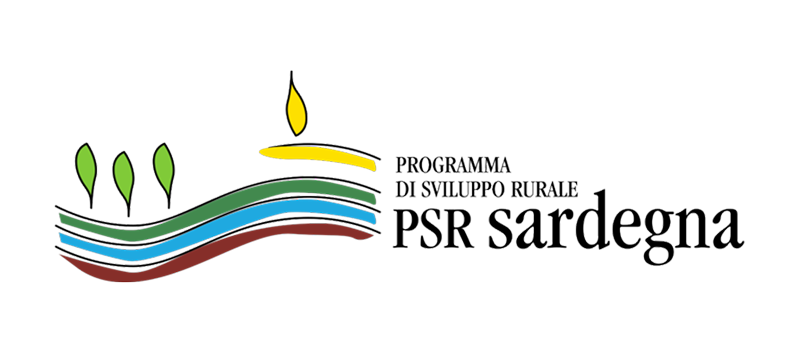
Zootrack
Zootrack is a precision livestock farming project focused on the cattle supply chain in Sardinia, aiming to enhance productivity and animal welfare through advanced technological solutions. The project emphasizes optimized forage production…
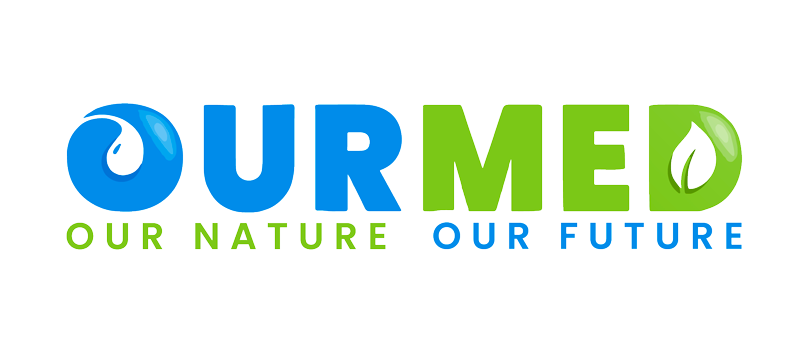
OurMED
OurMED addresses the challenge of sustainable water management in the Mediterranean by developing innovative solutions to improve water storage and distribution. The project focuses on integrating sustainable practices…
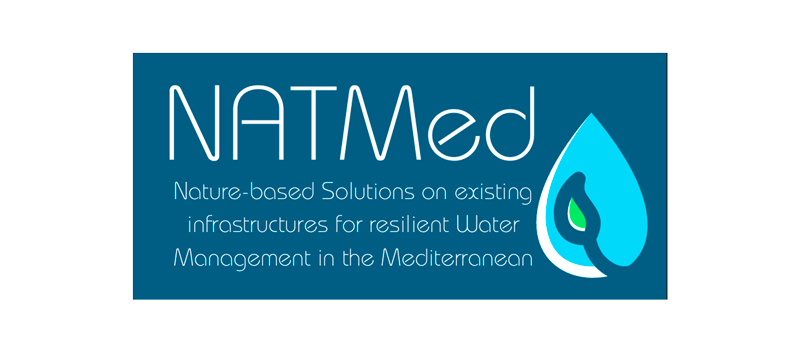
NatMED
NatMED develops Nature-based Solutions (NbS) to enhance sustainable water management in Mediterranean countries. The project integrates natural infrastructures and advanced technologies to improve water storage, filtration, and reuse, reducing environmental impact and adapting….
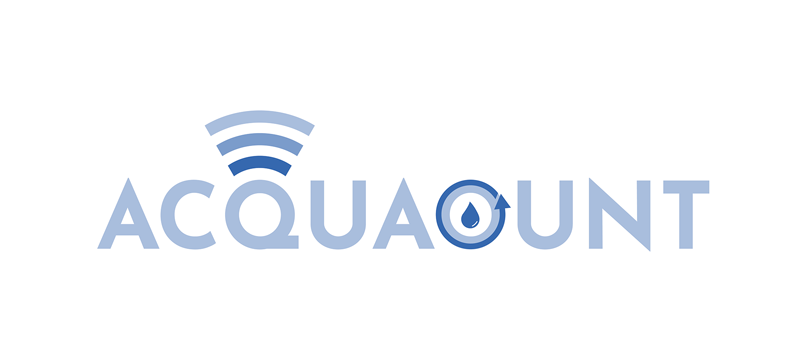
ACQUAOUNT

NextGEN4MED

MONALISA
The MONALISA project develops innovative solutions to combat desertification and soil degradation in arid Mediterranean regions. Through six case studies in five countries, it combines nature-based approaches with advanced technologies to restore degraded ecosystems and improve land management. The project promotes sustainable practices to preserve agricultural productivity and reduce local communities’ vulnerability to climate change. MONALISA provides monitoring and evaluation tools to identify the most effective strategies, facilitating the adoption of resilient and adaptive soil management practices. With a multidisciplinary and collaborative approach, the project aims to create a replicable model across various Mediterranean areas, contributing to biodiversity conservation and improving the quality of life in regions at risk of desertification.

Zootrack
Zootrack is a precision livestock farming project focused on the cattle supply chain in Sardinia, aiming to enhance productivity and animal welfare through advanced technological solutions. The project emphasizes optimized forage production, balanced nutrition, and digital tools for farm management. An integrated cloud platform collects and analyzes real-time data, supporting farmers’ decisions and ensuring supply chain traceability. By leveraging sensors and predictive algorithms, Zootrack helps monitor animal health, reduce waste, and improve environmental sustainability. The project represents a step forward toward a more efficient, data-driven agriculture that aligns with the sector’s climatic and market challenges.

OurMED
OurMED addresses the challenge of sustainable water management in the Mediterranean by developing innovative solutions to improve water storage and distribution. The project focuses on integrating sustainable practices into existing infrastructures, optimizing water balance at the river basin level. Using predictive models, satellite data, and digital technologies, OurMED supports climate adaptation planning and enhances community resilience. The goal is to ensure fair water distribution among agriculture, industry, and urban consumption while mitigating drought impacts and over-extraction. The project promotes participatory management, engaging institutions, businesses, and citizens in building a more sustainable water future for the Mediterranean.

NatMED

ACQUAOUNT

NextGEN4MED
NextGEN4MED is a collaborative platform within the SUSTAIN-MED group, designed to foster a new generation of researchers in sustainable water management. The project brings together experts from different fields to promote knowledge sharing, technology transfer, and innovation in water management strategies. NextGEN4MED aims to build a multidisciplinary network of young researchers and professionals, providing access to resources, data, and tools to tackle water security and climate change challenges. Through workshops, events, and international collaborations, the project stimulates new ideas and solutions for a more resilient Mediterranean. NextGEN4MED offers a unique opportunity to train a new generation of experts capable of addressing the needs of sustainable water resource management.
